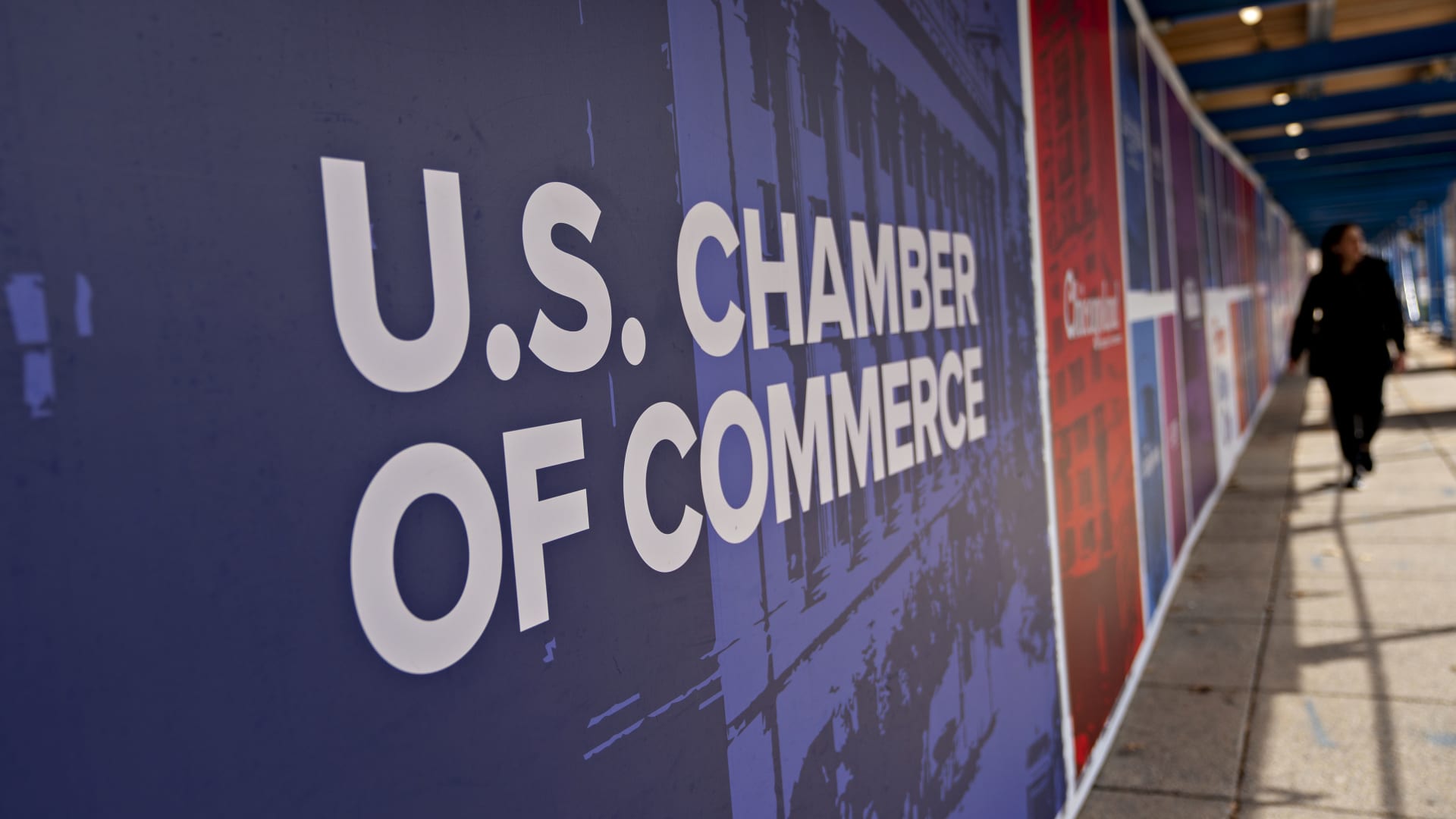The U.S. Chamber of Commerce on Wednesday asked a federal judge in Ohio to block Medicare’s new powers to negotiate drug prices before Oct. 1.
The motion for a preliminary injunction is a significant escalation in the pharmaceutical industry’s legal battle against Medicare and would halt the talks before they begin this fall.
Health and Human Services Secretary Xavier Becerra will publish a list of 10 high-cost drugs by Sept. 1 that are selected for the negotiations. Drugmakers then have to decide whether to sign agreements to participate in the talks by October.
The U.S. Chamber and local chambers of commerce in Dayton, Ohio and Michigan sued Medicare in federal court in the southern district of Ohio in June. They argued that the drug negotiations violate the First and Fifth Amendments of the U.S. Constitution, as well as the separation of powers.
The Chamber asked Judge Thomas Rose on Wednesday to block the negotiations before they get under way because they violate the due process clause.
Drugmaker Abbvie, a member of the U.S. Chamber and the Dayton, Ohio area chamber, fears that its blood cancer drug Imbruvica will be selected for the negotiations this fall. Imbruvica generated $4.6 billion in revenue last year, or about 8% of the company’s total sales.
The Chamber argued in its motion Wednesday that the HHS secretary has “free rein to set prices unilaterally” with no administrative or judicial review.
The Chamber said the Sixth Circuit Court of Appeals established a precedent that when the government sets prices, it must provide procedural safeguards to ensure a company receives a reasonable rate and fair return on investment. This precedent stems from the 2001 case Michigan Bell Telephone Co. v. Engler, the Chamber’s lawyers said.
The Medicare drug price negotiations do not provide these safeguards and impose price caps that are well below a drug’s market value, the chamber’s lawyers said.
Abbvie executive Michael Staff, in a declaration to the court Wednesday, said the drugmaker will suffer acute, concrete and irreparable harm if the company has to sign an agreement on Oct. 1 to participate in the negotiations.
Companies have to start submitting information to the HHS secretary on Oct. 2. Staff said this includes proprietary information and trade secrets such as R&D costs, market data and cost of production.
Merck, Bristol Myers Squibb, and the Pharmaceutical Research and Manufacturers of America have also sued Medicare over the drug price negotiations in multiple federal courts scattered throughout the U.S.
HHS and the White House have vowed to defend the program in court, arguing that there is nothing in the Constitution that prevents Medicare from negotiating lower drug prices for seniors.
